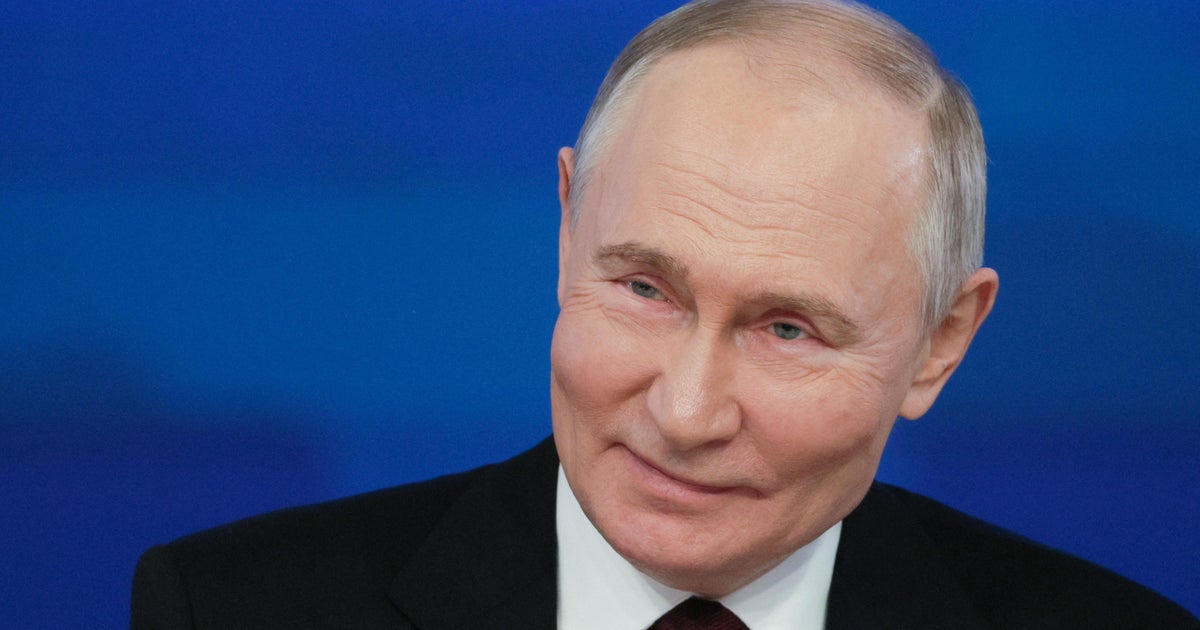Japan prepares to resume commercial whaling after 30 years, despite public outrage
On Monday, Japan will resume commercial whaling for the first time in 30 years. Its withdrawal from the International Whaling Commission (IWC), which regulates whaling globally, formally takes effect July 1.
In December, Japan withdrew from the IWC after failing to convince the commission to allow it to resume commercial whaling.
"At the IWC general meeting... it became evident once again that those supporting the sustainable use of whale stocks and those supporting protection cannot co-exist, leading us to this conclusion," top government spokesman Yoshihide Suga said last September.
In 1982, the IWC banned commercial whaling, which went into effect globally in 1986. Ever since, Japan has limited its activities to "scientific whaling" — a long-exploited loophole to continue the country's sale of whale meat.
When the withdrawal becomes official, Japanese whalers will be able to resume hunting minke, Bryde's and sei whales — all currently protected by the IWC and at risk of endangerment — in Japanese coastal waters.
However, Japan will not be allowed to continue the so-called "scientific research" hunts in the Antarctic and elsewhere that it had been allowed to conduct as an IWC member. Since 1986, this rule has allowed Japan to kill several hundred whales annually.
The plan takes effect as world leaders meet in Osaka for the G20 Summit. In an open letter published Friday, organizations called on G20 leaders to intervene and publicly condemn commercial whaling.
The letter has been signed by a number of celebrities, including Stephen Fry, Dr. Jane Goodall and Ricky Gervais, as well as dozens of global conservation and welfare organizations.
"Commercial whaling is an inherently and exceptionally cruel practice which has no place in the 21st Century," the letter reads. "There is no reliably humane way to kill whales at sea and exploding harpoons often cause these animals to die slowly and in agony."
Japan joins Iceland and Norway in openly defying the IWC's ban on commercial whale hunting. Its decision sparked international criticism from activists and anti-whaling countries.
"Australia remains resolutely opposed to all forms of commercial and so-called 'scientific' whaling," Australian Foreign Minister Marise Payne and Environment Minister Melissa Price said in a statement.
"Whaling is an outdated and unnecessary practice. We continue to hope Japan eventually reconsiders its position and will cease all whaling," New Zealand's Foreign Minister Winston Peters said.
Greenpeace Japan's executive director Sam Annesley said the decision was "out of step with the international community."
It was not yet clear how many whales would be caught each year once Japan resumes commercial whaling, but officials are expected to announce an estimate after the G20 Summit has ended.





